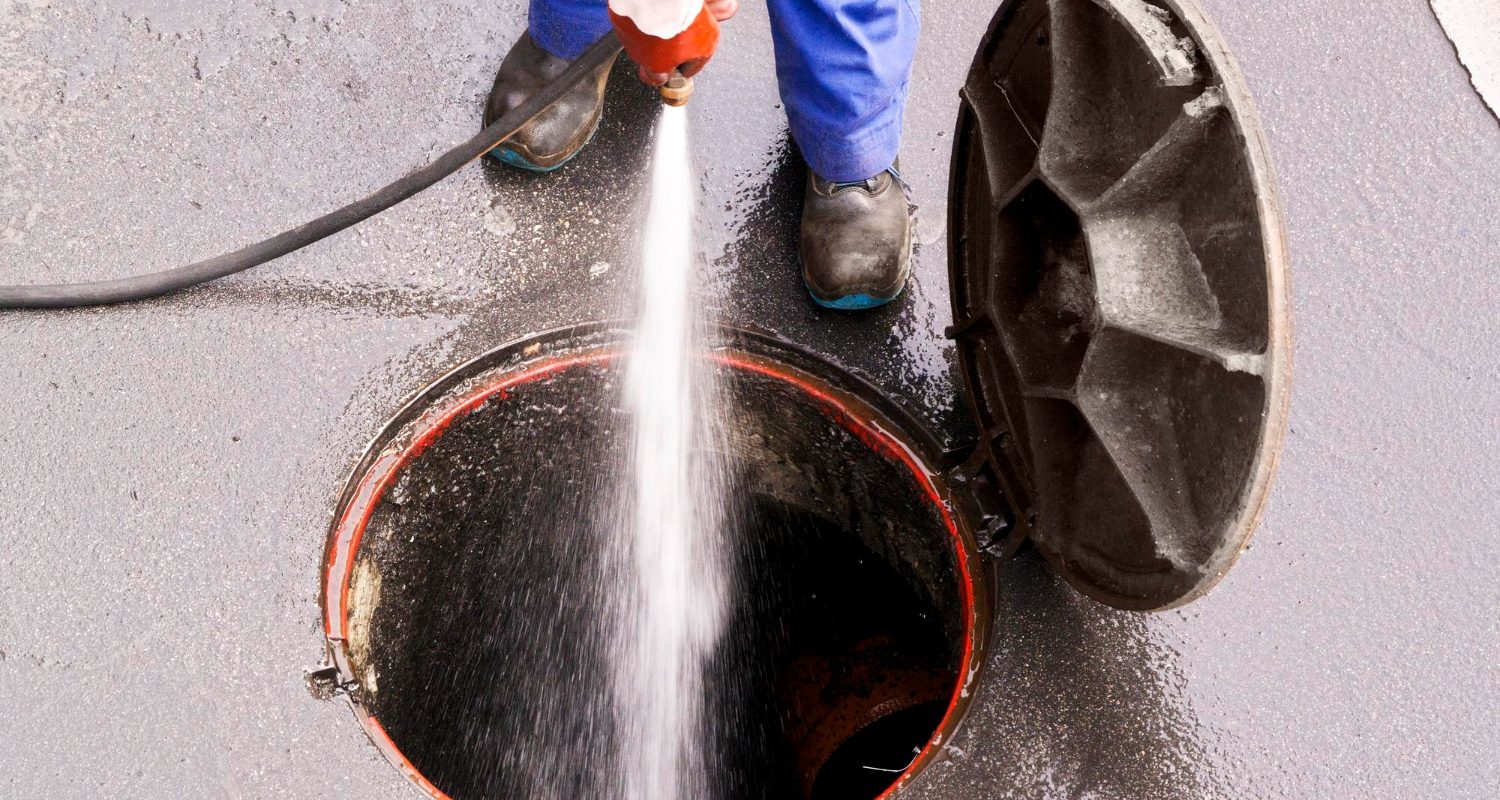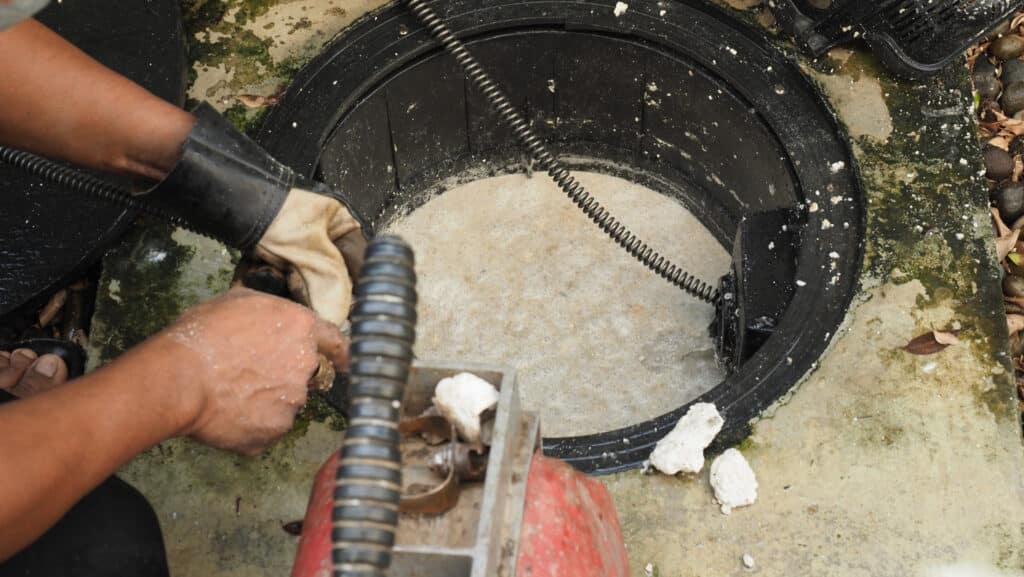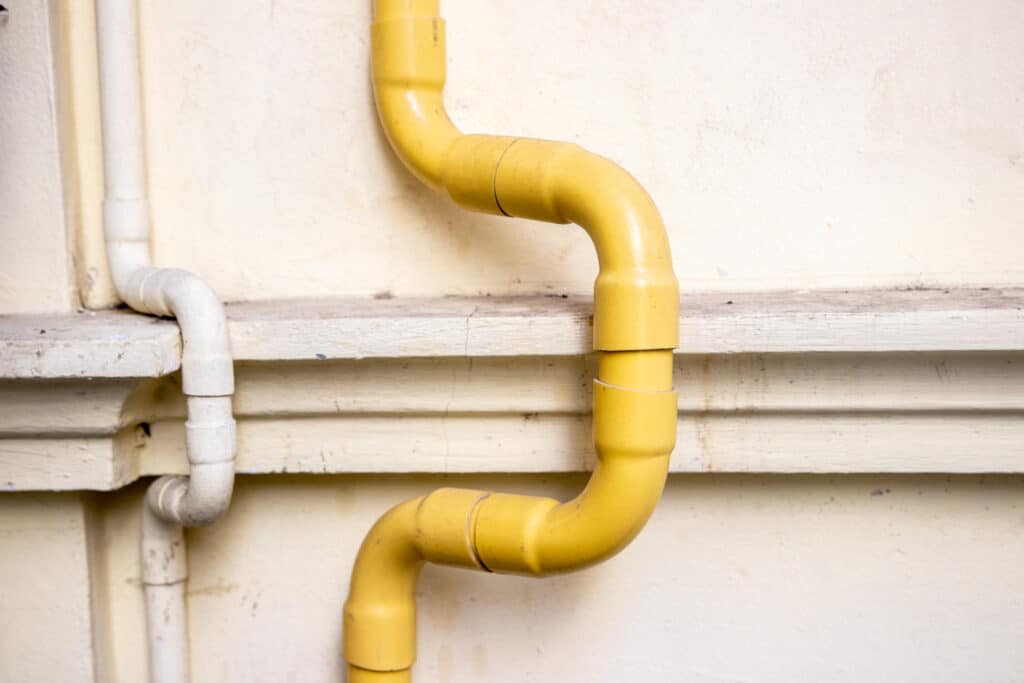After a long hurricane season in Fort Myers, many homeowners are focused on clearing yard debris and repairing obvious damage. But what often slips under the radar are the changes storms cause inside drain lines. Heavy rain, soaked soil, and wind from weeks of storm activity can quietly disrupt plumbing systems without leaving visible warning signs. That’s where hydro jetting in Fort Myers makes a big difference. Drains that seemed fine during peak storms may now struggle with slow flow, odd smells, or repeat clogs. Taking action to get ahead of those problems before the holidays arrive can save a lot of stress and hassle later in the year. Getting a close look at what happens inside your plumbing after storms can help you spot early trouble and keep your home running smoothly.
How Storm Debris Impacts Plumbing After Hurricanes
Strong storms don’t just bring wind and rain to the surface, they send a flood of debris through yard drains and underground piping too. Drains that once handled basic runoff can get overloaded fast when everything from palm leaves to sand washes down during heavy weather. These clogs don’t always build up right at the drain opening, which means you might not spot them right away.
• Sand and mud often settle deep in the lines where they’re harder to flush out
• Leaves, branches, and trash from nearby yards can get pulled into outdoor drains
• Stormwater increases pressure in the pipes, forcing small debris to compact farther in
Even tree roots play a role. Hurricanes can shift wet soil and expose weaknesses in underground pipe connections. Roots often follow the moisture and slip into small cracks, where they expand and block water flow. This process can take place slowly, which makes it harder for homeowners to identify the source of a gradual problem. These shifts aren’t always visible right away, but they can lead to serious clogs or even slow leaks over time, affecting drainage long after the storm has passed.
Clogged pipes often don’t show signs until enough debris has built up to slow the water flow. By then, it can be much harder to clear out with simple household tools. That’s why addressing storm debris early can make a big difference in how your system handles the demands of the fall and winter months.
Why Drains May Seem Fine, Until They Don’t
It’s not uncommon to think the plumbing made it through stormy weather without an issue, especially if everything appears to be working. But what you don’t see can cause trouble later. Not all clogs show up immediately. In fact, some start building inside the pipes and only start to slow things down weeks after the rain stops.
• Showers or sinks take longer to drain than they used to
• Strange gurgling sounds rise back through the drains
• A sour or musty smell sticks around even after cleaning
It’s easy to miss these small warning signs because daily routines may only put light pressure on the plumbing. Maybe only one sink is running slowly, or one toilet makes unusual noises. Over time, though, even minor blockages will collect more debris, thickening the clog and pushing it further down the line. It can be tricky since these changes seem minor at first and most homeowners do not keep an eye on the drain’s behavior after each storm.
We’ve seen many fall seasons where blocked lines reveal themselves mid-November, just as families start prepping for overnight guests and holiday meals. Pipes that seemed fine can suddenly stop up when more water moves through them, such as when laundry, showers, and dishwashing all happen close together. Getting drains checked, even if water still flows, gives peace of mind and helps catch small problems before they turn into big ones. It’s especially helpful after storms because storm debris can form clogs deep inside the system, far from the fixture you use each day.
What Hydro Jetting Does That Snakes and Plungers Don’t
Standard tools like sink snakes or plungers are great for surface clogs. But when buildup lives deeper in the line or coats the entire inside of a pipe, those quick fixes often miss the mark and only temporarily relieve the symptoms. Hydro jetting takes a different approach. It uses a high-pressure stream of water to scrub the full inner walls of the pipe, clearing everything in its path.
• It removes sludge, sand, grease, roots, and residue in one go
• It’s a smart option when clogs keep coming back in the same spot
• Older pipes can benefit if inspected first to make sure they’re able to handle the pressure
The jetting process blasts water throughout the pipe, swirling away tough debris and leaving a cleaner, smoother surface. That smooth surface makes it harder for new clogs to stick, which is why hydro jetting is so effective as a post-storm solution. If heavy weather has forced sand, dirt, or organic matter into the system, jetting dislodges and washes it toward the main line where it can safely exit. This is often far more thorough than simply pushing a cable through the clog.
For homeowners dealing with late-season drainage issues after the storms have cleared, hydro jetting in Fort Myers is a step we recommend for deep cleaning without digging up your yard or guessing with chemicals. It resets the flow and helps get the system back to pre-storm condition. By removing all layers of buildup rather than just poking holes through clogs, it helps keep drains open longer and reduces the chance of backups when you need reliable plumbing for holiday guests.
The Best Time to Schedule Jetting Before Winter Guests Arrive
As fall wraps up, more people in Southwest Florida start using their home plumbing heavily. Showers run longer with visitors staying over, washers spin constantly, and kitchen sinks see extra use from holiday cooking. Slow drains that seemed manageable in October can quickly turn into full backups as demand picks up.
Late October and early November are great times to handle drain cleaning. There’s still breathing room before traffic hits its peak around Thanksgiving and the December holidays. Homeowners who get jetting done early avoid messes and frantic calls when drains stop working right before company arrives.
• Early-season service gives peace of mind through the rest of the year
• Drains stay clearer during times of high water use
• Prevents plumbing surprises in the middle of family gatherings
This proactive approach keeps things simple during one of the busiest times of the year. With the weather cooling slightly and major storms in the rearview, this window lets you catch up on hidden storm damage before it turns into an emergency. Plus, scheduling early means you’re more likely to get the time slot you want, avoiding the rush right before everyone’s in town. The result is a smoother holiday season with drains and pipes that work just the way they should.
Pipes Will Thank You: Stay Ahead of Post-Storm Plumbing Trouble
Hurricane season may officially end in November, but its effects can hang around much longer beneath your feet. Even if your home didn’t flood or lose power, storm activity can still create plumbing problems that grow slowly over time. That’s why giving your drains some attention as the season shifts can make a big difference.
Hydro jetting helps clear out the buildup storms leave behind. It refreshes the inside of your pipes and protects them from lingering problems that might not show signs yet. Cleaning them now keeps things simple as the holidays roll in and puts you in a better spot for the rest of the year.
Storms change how plumbing behaves, whether we notice or not. Catching those changes early helps avoid messes and keeps everything flowing when it matters most. Take note of how your drains act, especially after big weather events. By giving them a thorough clean ahead of the busy season, you set up your home for fewer surprises, steadier flow, and less stress when everyone’s together.
Hurricane season can leave drains full of debris, sand, and storm runoff, problems that may not surface right away. Our team at Waterway Plumbing & Drain Cleaning uses hydro jetting in Fort Myers to safely and thoroughly clear your pipes, especially before the holidays bring extra use. Give us a call to schedule your appointment while spots are still available.




